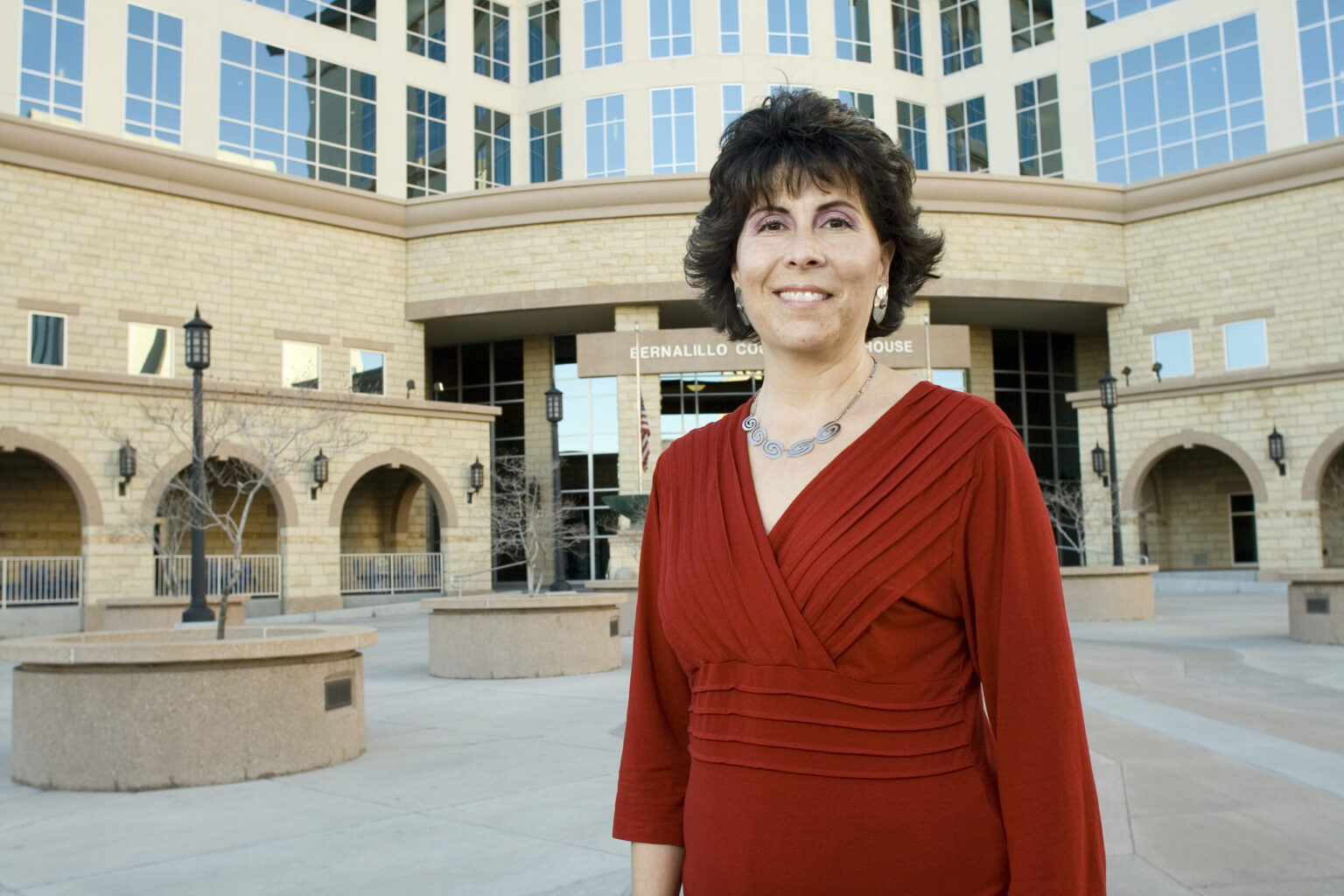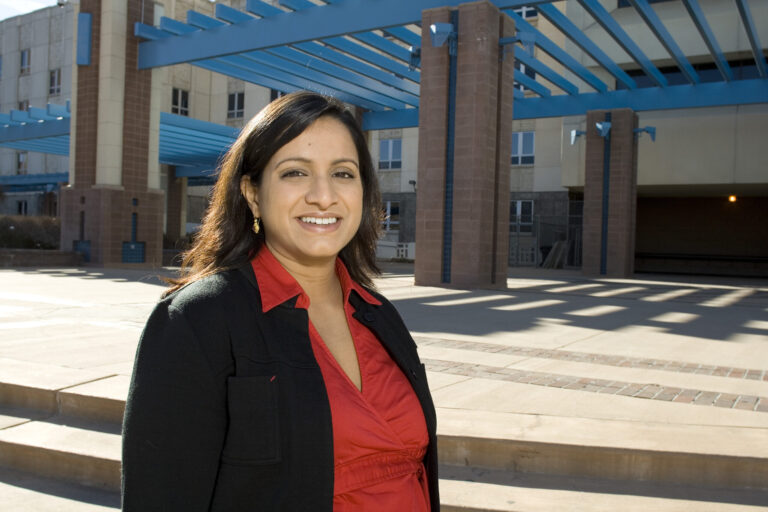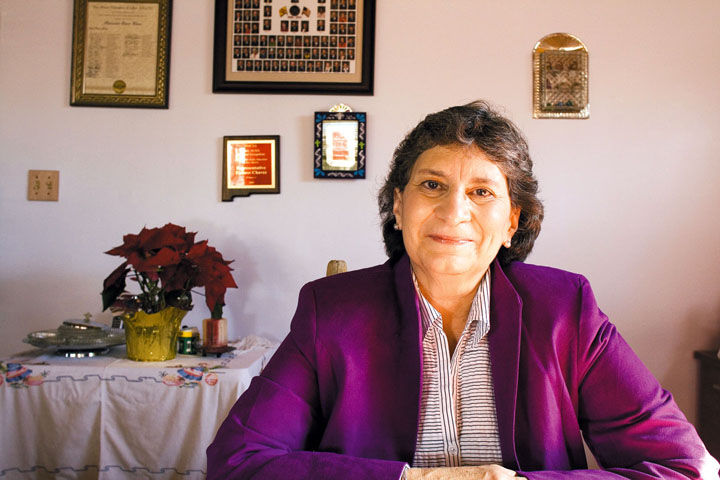An Elected Woman’s Work Is Never Done
When Closing The Gender Divide, An Elected Woman’s Work Is Never Done


“People should think about the women in their lives and ask themselves, Would she make a good legislator?”
Eric Williams ericwphoto.com

“The timing could not have been more perfect.”
Eric Williams ericwphoto.com









